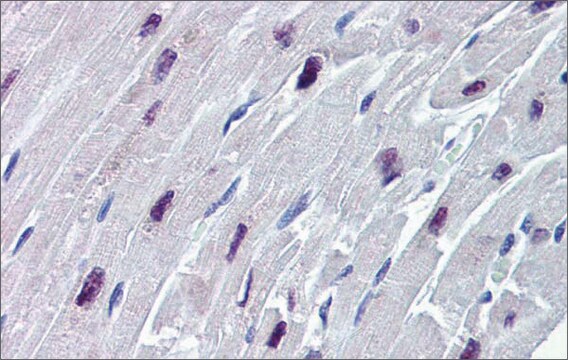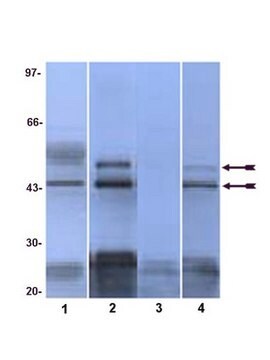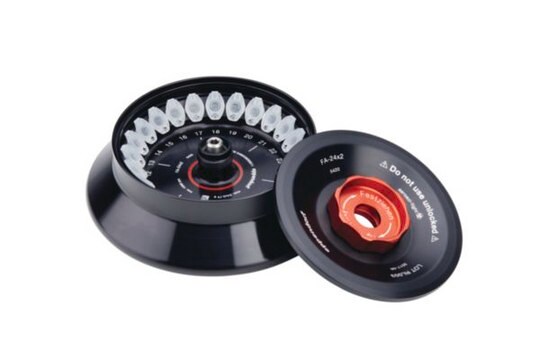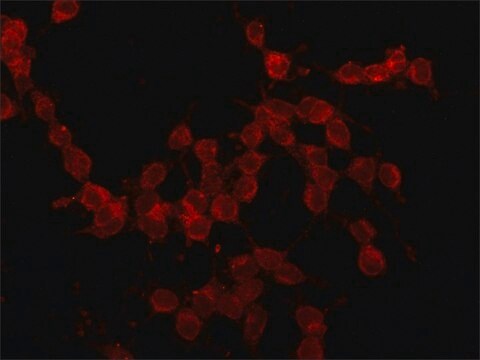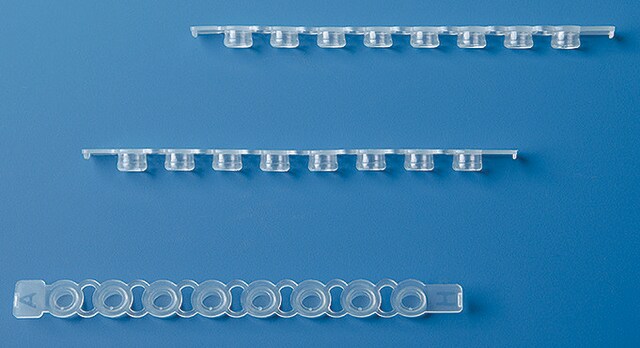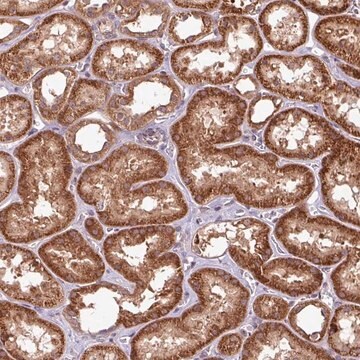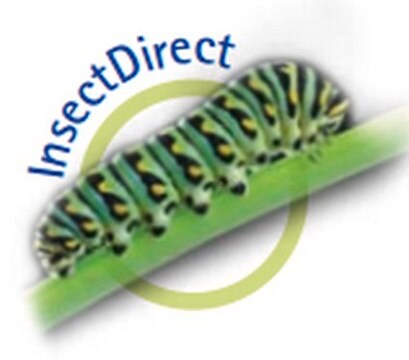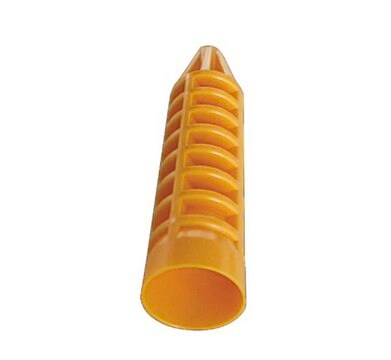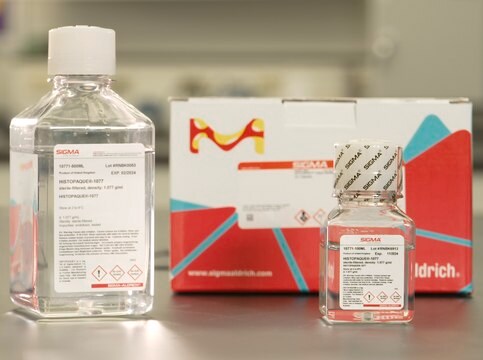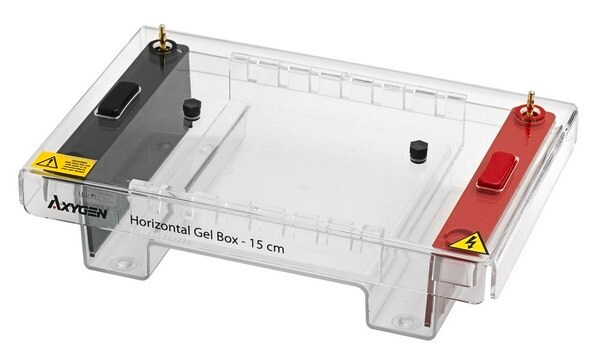MABN1101
Anti-SRY, clone 1G4 Antibody
clone 1G4, from mouse
Synonyme(s) :
Sex-determining region Y protein, Testis-determining factor, SRY
About This Item
Produits recommandés
Source biologique
mouse
Niveau de qualité
Forme d'anticorps
purified antibody
Type de produit anticorps
primary antibodies
Clone
1G4, monoclonal
Espèces réactives
human
Technique(s)
ELISA: suitable
flow cytometry: suitable
immunohistochemistry: suitable
western blot: suitable
Isotype
IgG1
Numéro d'accès UniProt
Conditions d'expédition
wet ice
Modification post-traductionnelle de la cible
unmodified
Informations sur le gène
human ... SRY(6736)
Description générale
Immunogène
Application
Flow Cytometry Analysis: A 1:200-400 dilution from a representative lot detected SRY in HepG2 cells.
ELISA: A representative lot detected control Antigen (100 ng) and Antigen (10 ng, 50 ng, 100 ng) in ELISA (Direct).
Neuroscience
Developmental Neuroscience
Qualité
Western Blotting Analysis: A 1:500-2,000 dilution of this antibody detected SRY in NTERA-2 cell lysate.
Description de la cible
Forme physique
Stockage et stabilité
Autres remarques
Clause de non-responsabilité
Vous ne trouvez pas le bon produit ?
Essayez notre Outil de sélection de produits.
Code de la classe de stockage
12 - Non Combustible Liquids
Classe de danger pour l'eau (WGK)
WGK 2
Point d'éclair (°F)
Not applicable
Point d'éclair (°C)
Not applicable
Certificats d'analyse (COA)
Recherchez un Certificats d'analyse (COA) en saisissant le numéro de lot du produit. Les numéros de lot figurent sur l'étiquette du produit après les mots "Lot" ou "Batch".
Déjà en possession de ce produit ?
Retrouvez la documentation relative aux produits que vous avez récemment achetés dans la Bibliothèque de documents.
Notre équipe de scientifiques dispose d'une expérience dans tous les secteurs de la recherche, notamment en sciences de la vie, science des matériaux, synthèse chimique, chromatographie, analyse et dans de nombreux autres domaines..
Contacter notre Service technique